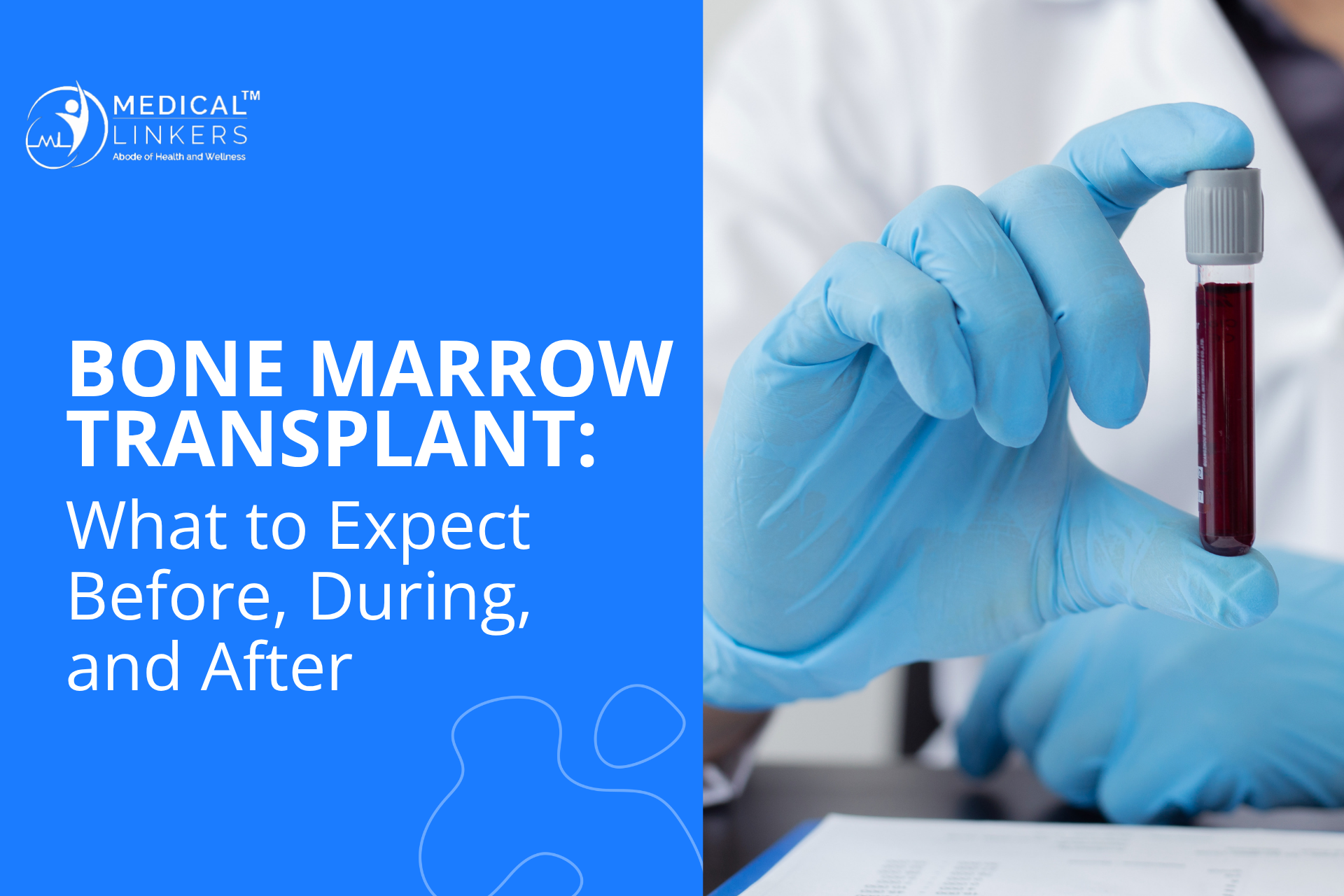Types of Hip Replacement Surgeries
Partial Hip Replacement - This involves replacement of a portion of the damaged hip with an implant.
Total Hip Replacement (Traditional Method) - Single - This involves the replacement of the total hip joint with an implant through the traditional method of surgery.
Total Hip Replacement (Traditional Method) - Bilateral - This involves the total replacement of both the hip joints with an implant through the traditional method of surgery.
Total Hip Replacement (Computer Assisted) - Single - This involves the replacement of the total hip joint with an implant through computer's assistance during the surgery.
Total Hip Replacement (Computer Assisted) - Bilateral - This involves total replacement of both the hip joints with an implant through computer's assistance during the surgery.
Total Hip Replacement (Robotic) - Single - This involves robotic surgery for total replacement of the hip joint.
Total Hip Replacement (Robotic) - Bilateral- This involves robotic surgery for total replacement of both the hip joints.
Revision Hip Replacement - Single - This involves the subsequent replacement of the hip joint after primary replacement done before.
Hip Preservation Surgery - Single - This surgery aims to treat hip conditions and preserve joint function on one side through minimally invasive procedures.
Hip Preservation Surgery - Bilateral - This surgery aims to treat hip conditions and preserve joint function on both the sides through minimally invasive procedures.
Diagnosis
Diagnosis starts with a physical examination to assess pain, mobility, and joint function. Imaging tests such as X-rays, MRI scans, or CT scans help evaluate bone and cartilage damage. In some cases, blood tests or joint fluid analysis may be done to check for infections or inflammatory conditions.
Diagnostic Cost in India
| Diagnostic Procedure |
Cost in USD |
| Blood Tests |
50 to 80 |
| Radiological Assessment |
80 to 100 |
| Pre-anesthesia Clearance |
80 to 100 |
Surgery Cost in Different Countries
| Country |
Cost in USD |
| India |
4200 to 8500 |
| Turkey |
6500 to 11500 |
| UAE |
15000 to 19000 |
| USA |
110,000 to 150,000 |
Surgery Cost in Indian Cities
| City |
Cost in USD |
| New Delhi / NCR |
4200 to 7500 |
| Mumbai |
5500 to 8500 |
| Bangalore |
5800 to 8500 |
| Chennai |
5200 to 8000 |
Surgery Cost Inclusions
| Pricing Inclusions |
Option |
| Routine patient investigations before surgery |
Included |
| Cost of implant |
Included |
| Pre-operative outpatient consultations |
Included |
| First Consultation |
Included |
| Surgeon fee, OT charges, anesthesia |
Included |
| Routine drugs and consumables required during hospitalization |
Included |
| Pre-anesthesia check up and clearance |
Included |
Top Hospitals in India for this Surgery
Artemis Hospitals, Gurgaon
Max Hospital Gurugram
Gleneagles Global HealthCity, Chennai
Max Super Speciality Hospital, Shalimar Bagh, New Delhi
Fortis Memorial Research Institute, Gurgaon
Medanta - The Medicity, Gurugram
Factors Affecting Hip Replacement Surgery in India
Please note that the costs mentioned above are only indicative and not conclusive, as multiple factors influence the final cost of your treatment journey. These factors include:
Unilateral or bilateral hip replacement; uncemented or cemented hip replacement; need for physiotherapy sessions; diagnosis; any previous surgeries; any previous infection near surgical site; post operative recovery and special needs; need for extended hospital stay; type of treatment advised; need for any other additional treatment; overall patient status and condition at the time of surgery; hotel stay, meals, and flights; extended hospital stay; post-operative follow-ups and medical management; post-operative dressing and nurse visits; any required blood products; complications management; treatment for any other underlying medical conditions; and any complex investigations.























